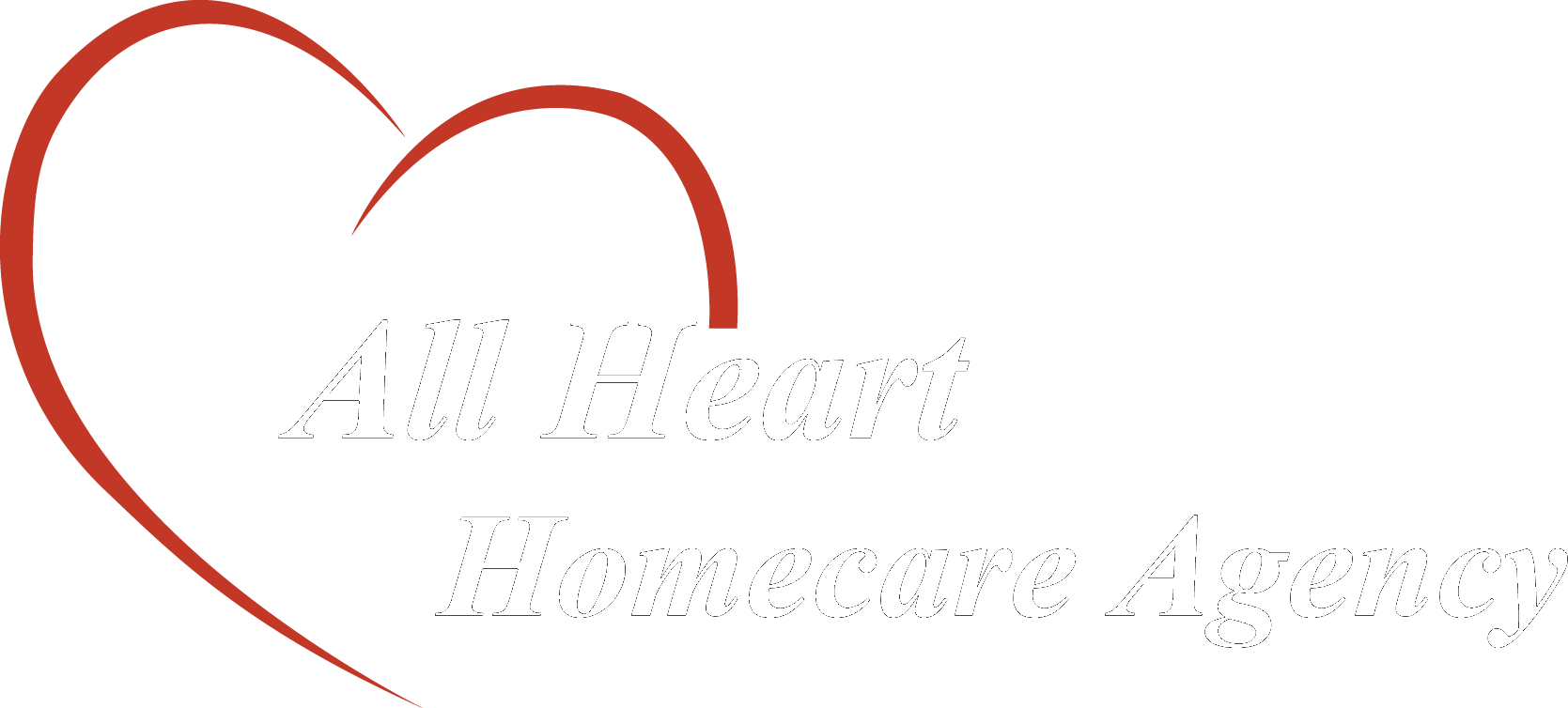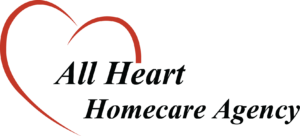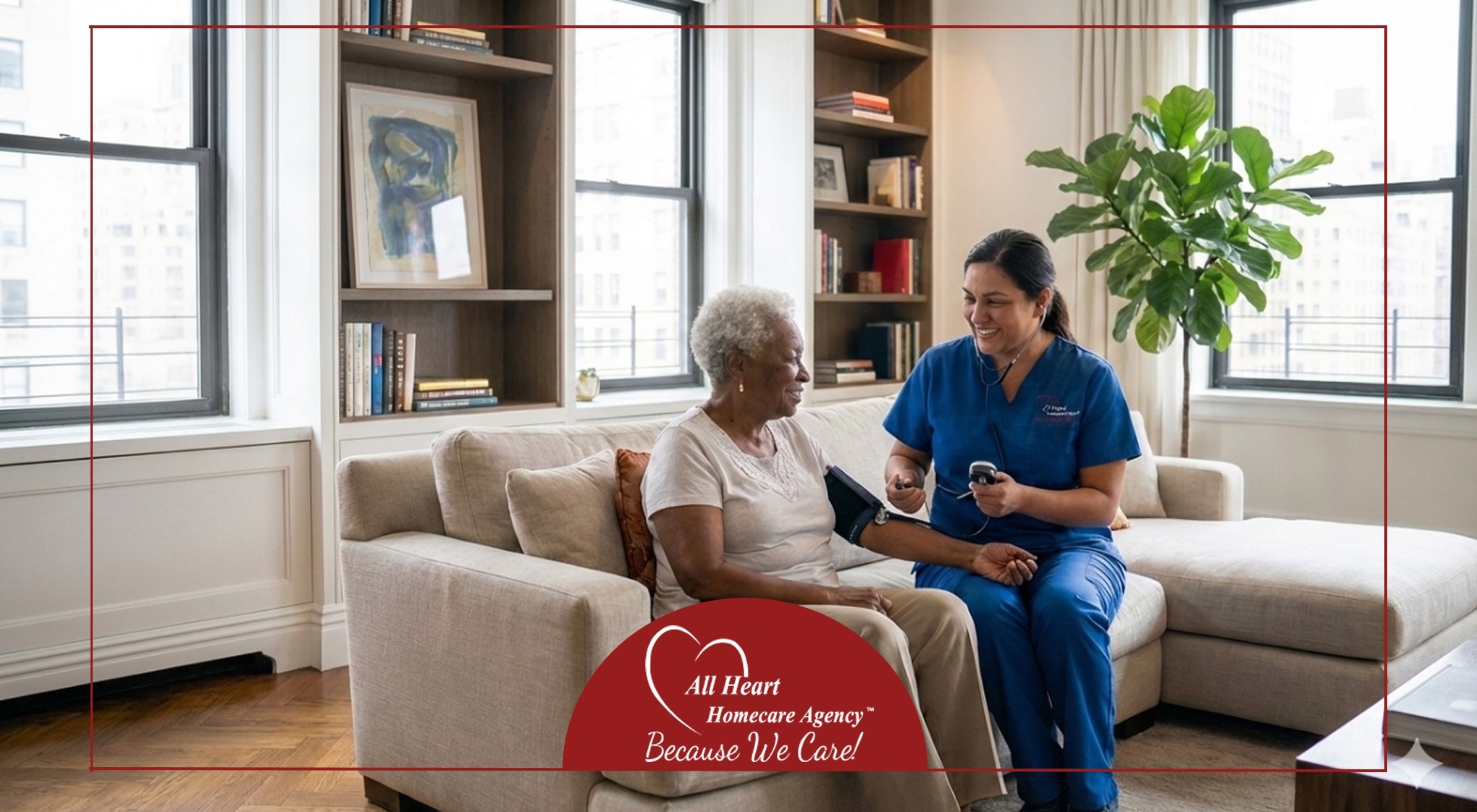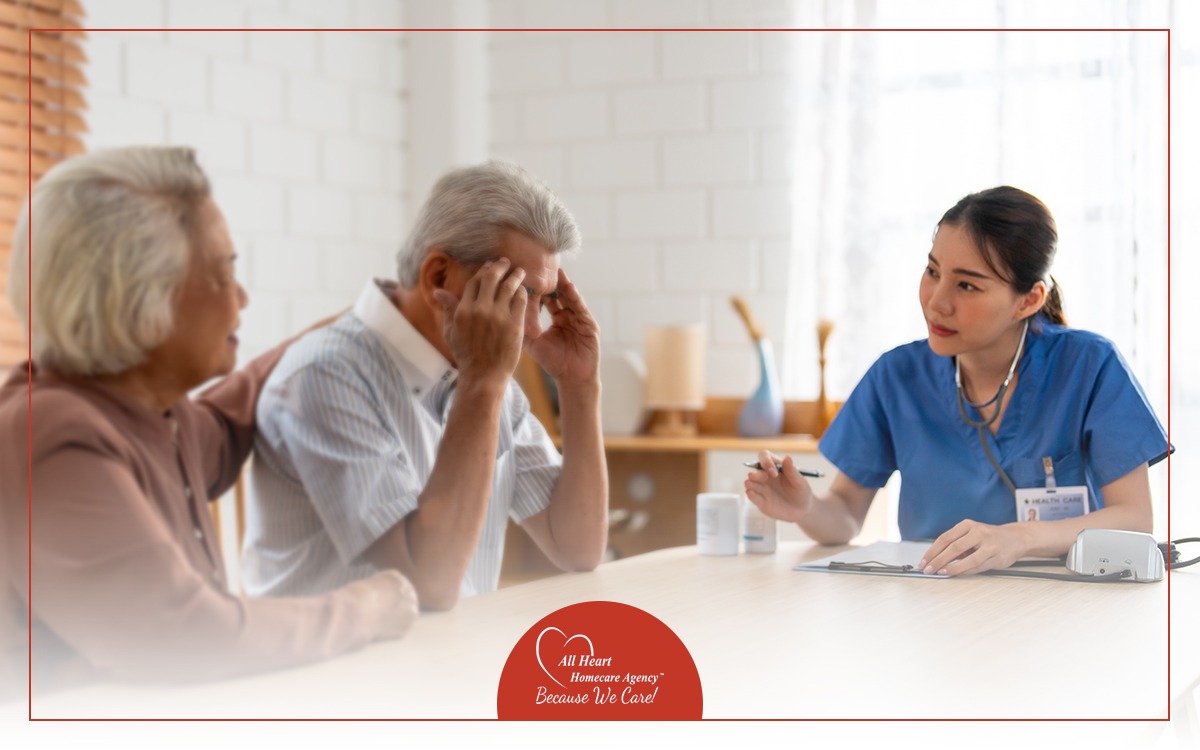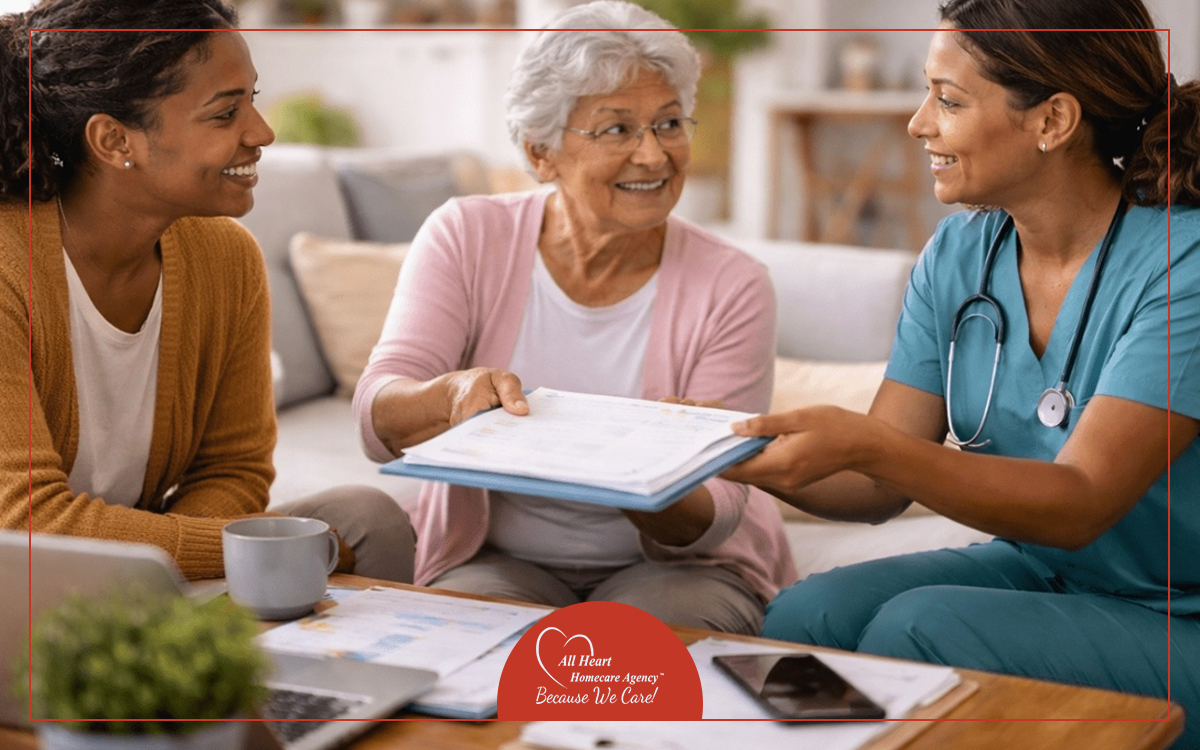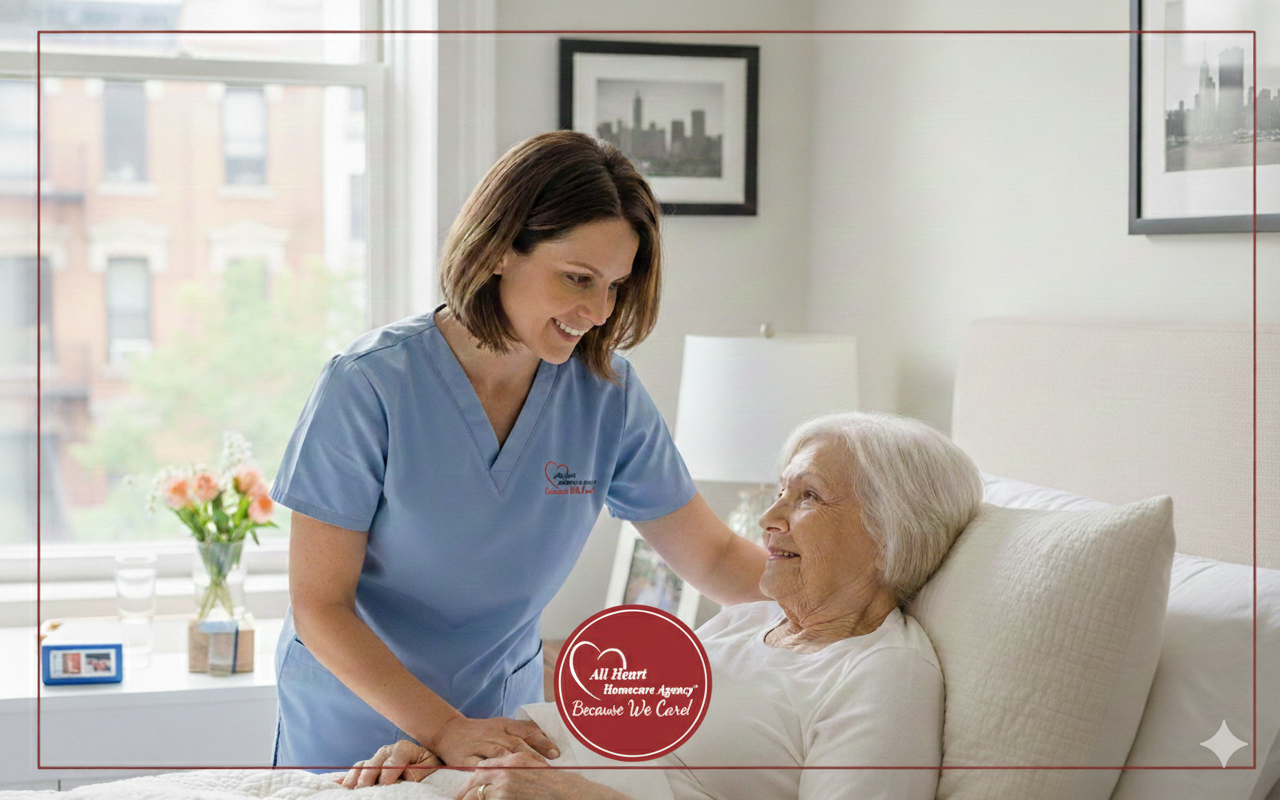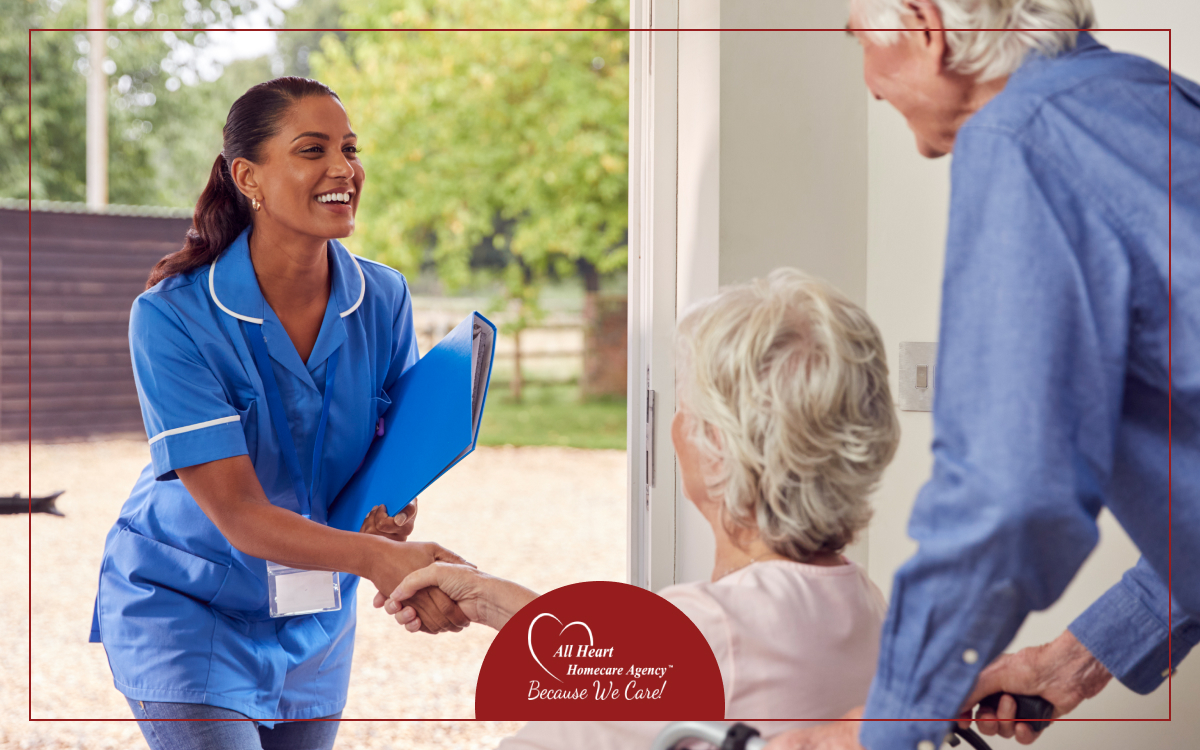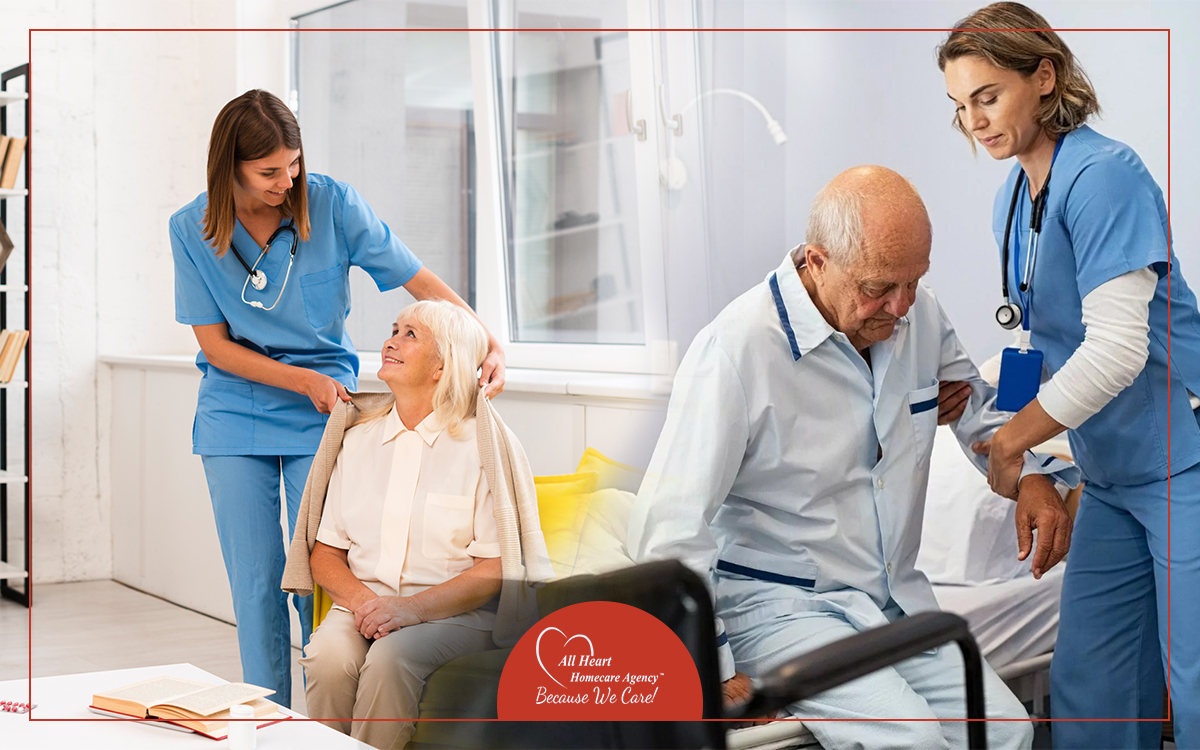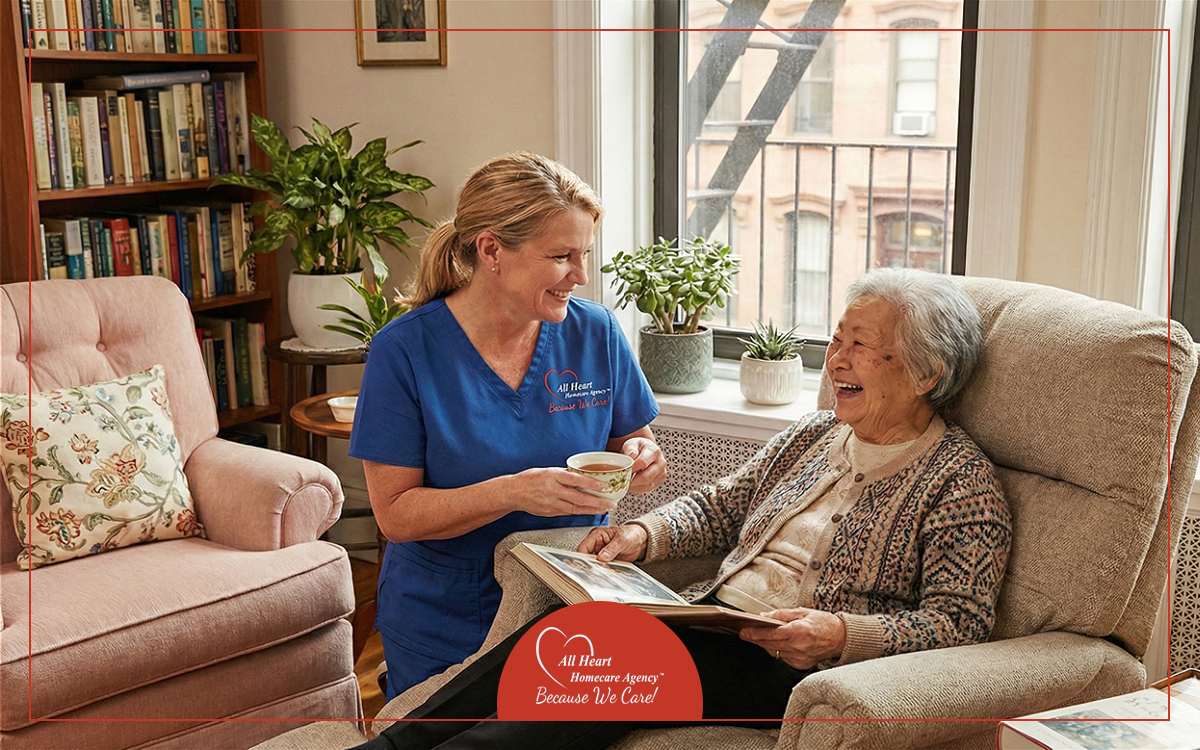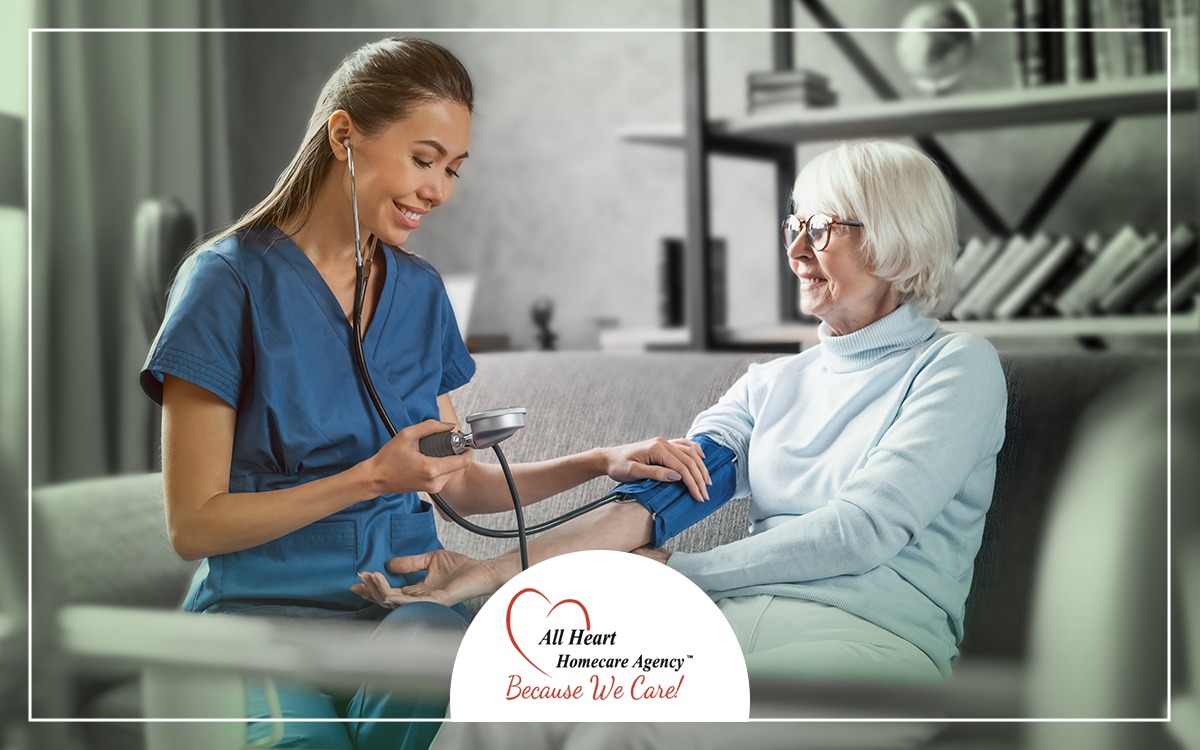Summer heat can pose significant health risks for seniors, making understanding and preventing heat-related illnesses crucial. With proper knowledge and preventive measures, seniors can enjoy the summer safely and healthily. This guide provides essential information on recognizing the symptoms of heat-related illnesses and tips on preventing them.
Understanding Heat-Related Illnesses
Heat-related illnesses, such as heat exhaustion and heat stroke, occur when the body cannot cool itself effectively. Seniors are particularly vulnerable due to factors like chronic medical conditions and medications that affect temperature regulation.
Symptoms of Heat Exhaustion and Heat Stroke
Recognizing the early signs of heat-related illnesses can prevent serious health issues. Symptoms of heat exhaustion include heavy sweating, weakness, dizziness, nausea, and headaches. If untreated, heat exhaustion can lead to heat stroke, a life-threatening condition characterized by high body temperature, confusion, rapid pulse, and possible unconsciousness.
Preventive Measures
Taking preventive steps can significantly reduce the risk of heat-related illnesses. Here are some practical tips:
- Stay Hydrated: Drink plenty of water throughout the day, even if you don’t feel thirsty. Avoid alcohol and caffeine, as they can contribute to dehydration.
- Wear Appropriate Clothing: Choose lightweight, light-colored, and loose-fitting clothing to help your body stay cool.
- Limit Outdoor Activities: Try to stay indoors during the hottest parts of the day, typically between 10 a.m. and 4 p.m. If you need to be outside, take frequent breaks in the shade or a cool place.
- Use Fans and Air Conditioning: Ensure your living space is well-ventilated and air-conditioned. If you don’t have air conditioning, visit public places like shopping malls or libraries during extreme heat.
- Monitor Weather Alerts: Stay informed about heat advisories in your area and plan activities accordingly.
Responding to Heat-Related Illnesses
If you or someone you know shows signs of heat exhaustion or heat stroke, it’s critical to act quickly:
- Move to a Cooler Location: Get out of the heat and into a cool, shaded area.
- Cool Down: Use wet clothes, shower cool, or use fans to lower body temperature.
- Hydrate: Drink water or an electrolyte beverage. Avoid sugary, caffeinated, or alcoholic drinks.
- Seek Medical Attention: Call emergency services immediately if symptoms worsen or you suspect heat stroke.
Preventing heat-related illnesses in seniors is about staying informed and taking proactive steps. Seniors can safely navigate the summer heat by recognizing the symptoms and following preventive measures. Always consult healthcare professionals if you have any concerns about heat-related health risks.
Sources:
